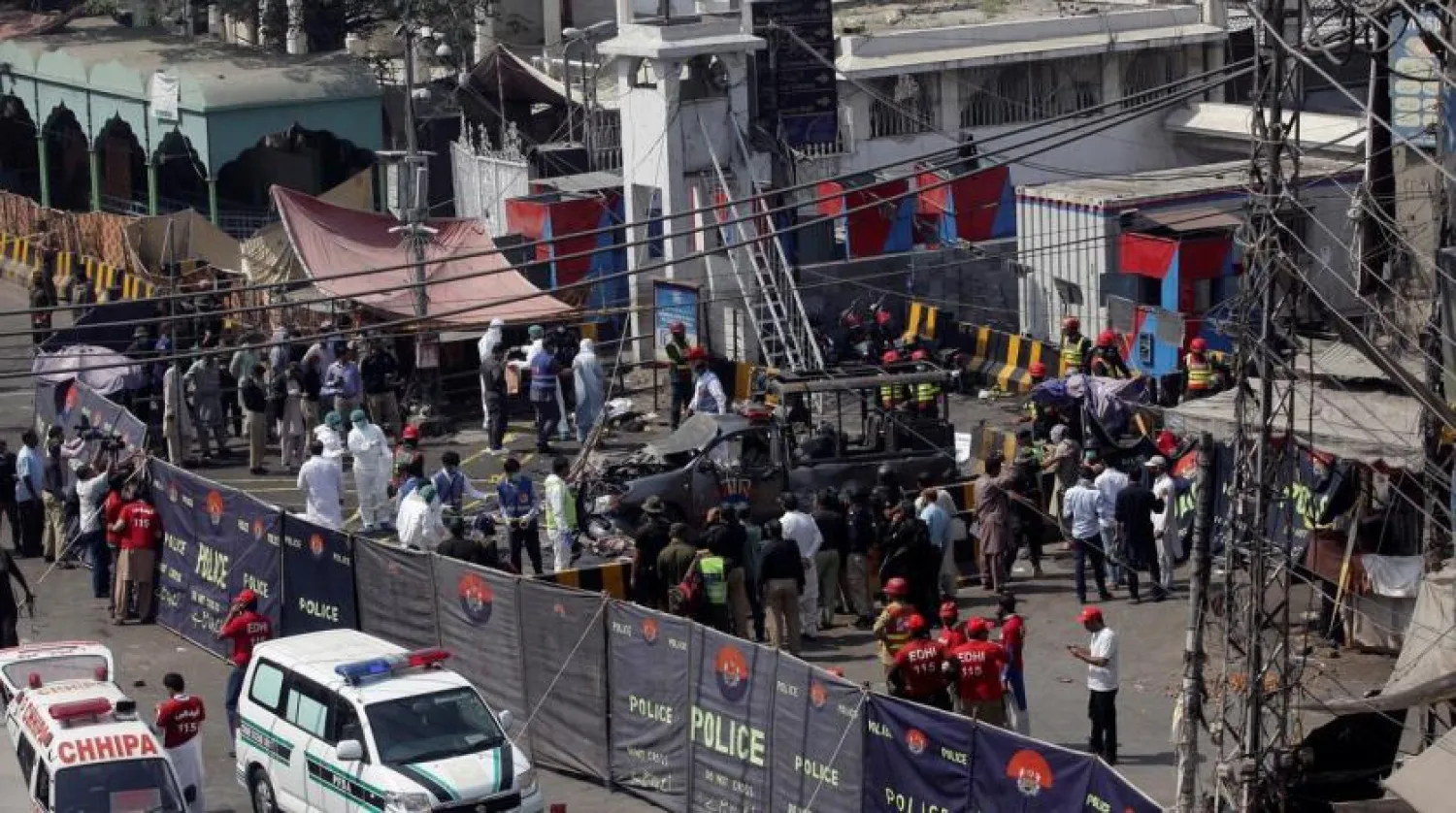A powerful roadside bomb exploded among a procession of Shiite Muslims in central Pakistan on Thursday, killing at least three and wounding over 50 people, local police said.
Videos circulating on social media showed police and ambulances rushing toward the site of the explosion. Several wounded people were seen waiting for help along a road in the deeply conservative city of Bahawalnagar in the eastern Punjab province, where the attack took place.
City police officer Mohammad Asad and Shiite leader Khawar Shafqat confirmed the bombing. Witnesses said tensions are now high in the city, with Shiites protesting the attack and demanding retribution, reported The Associated Press.
Shafqat said the explosion went off while the procession was passing through a congested neighborhood known as Muhajir Colony. He condemned the attack and urged the government to further step up security at such processions, which are ongoing in other parts of the country as well.
Communications in the area were difficult, as authorities had suspended mobile phone service across the country a day ago ahead of the Shiite Ashoura festival.
The annual commemoration mourns the 7th century death of Prophet Muhammad’s grandson Hussein, one of Shiite Islam’s most beloved saints.









